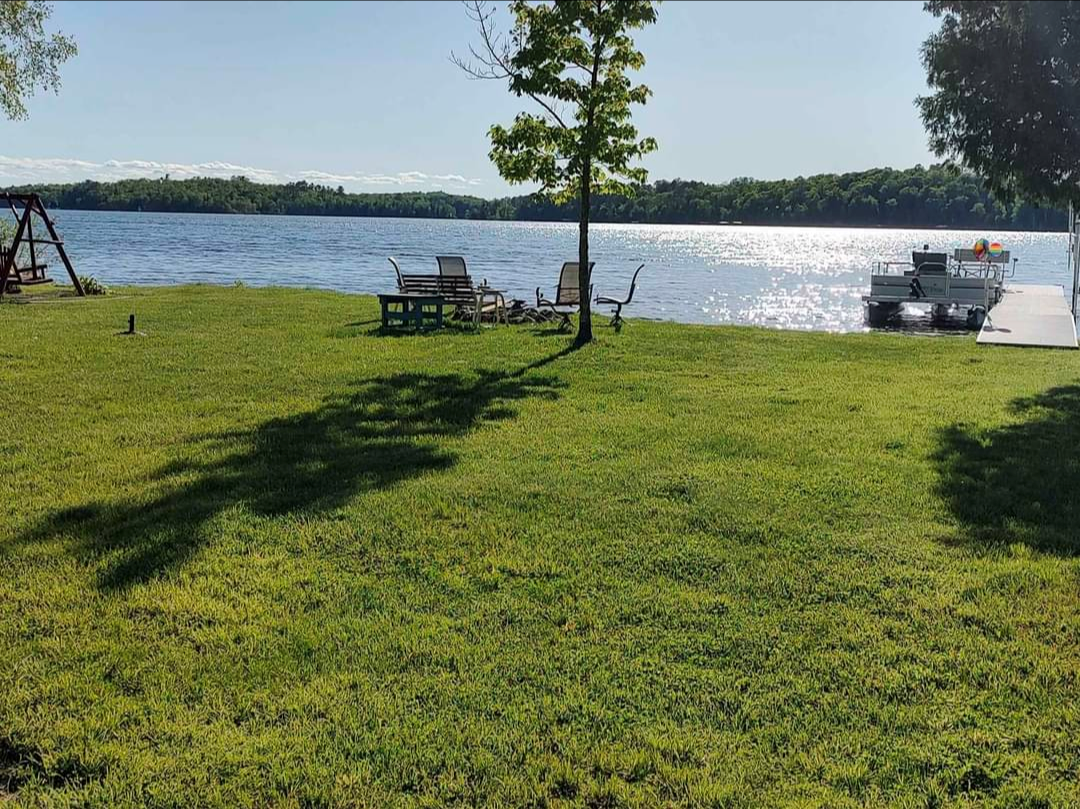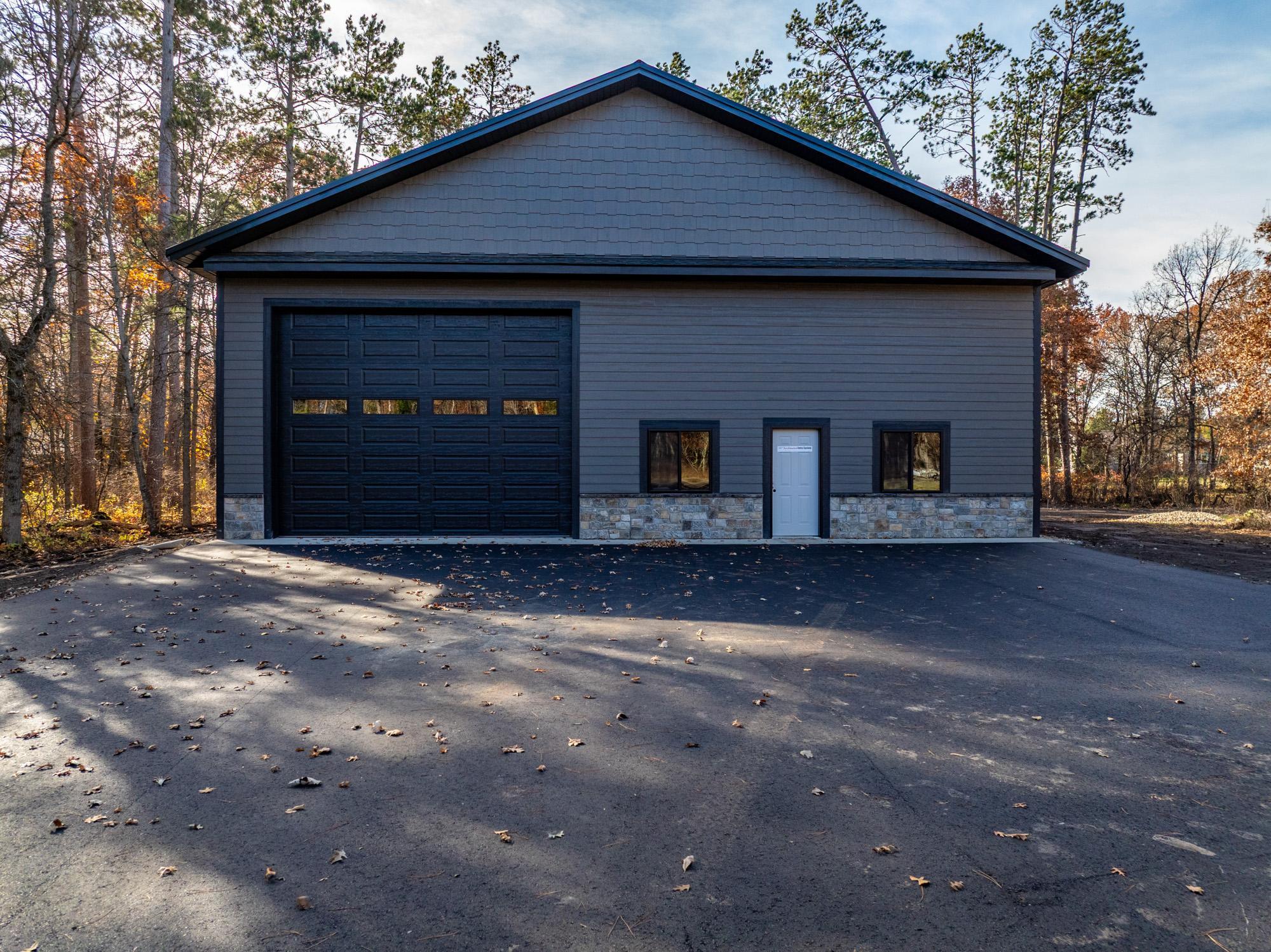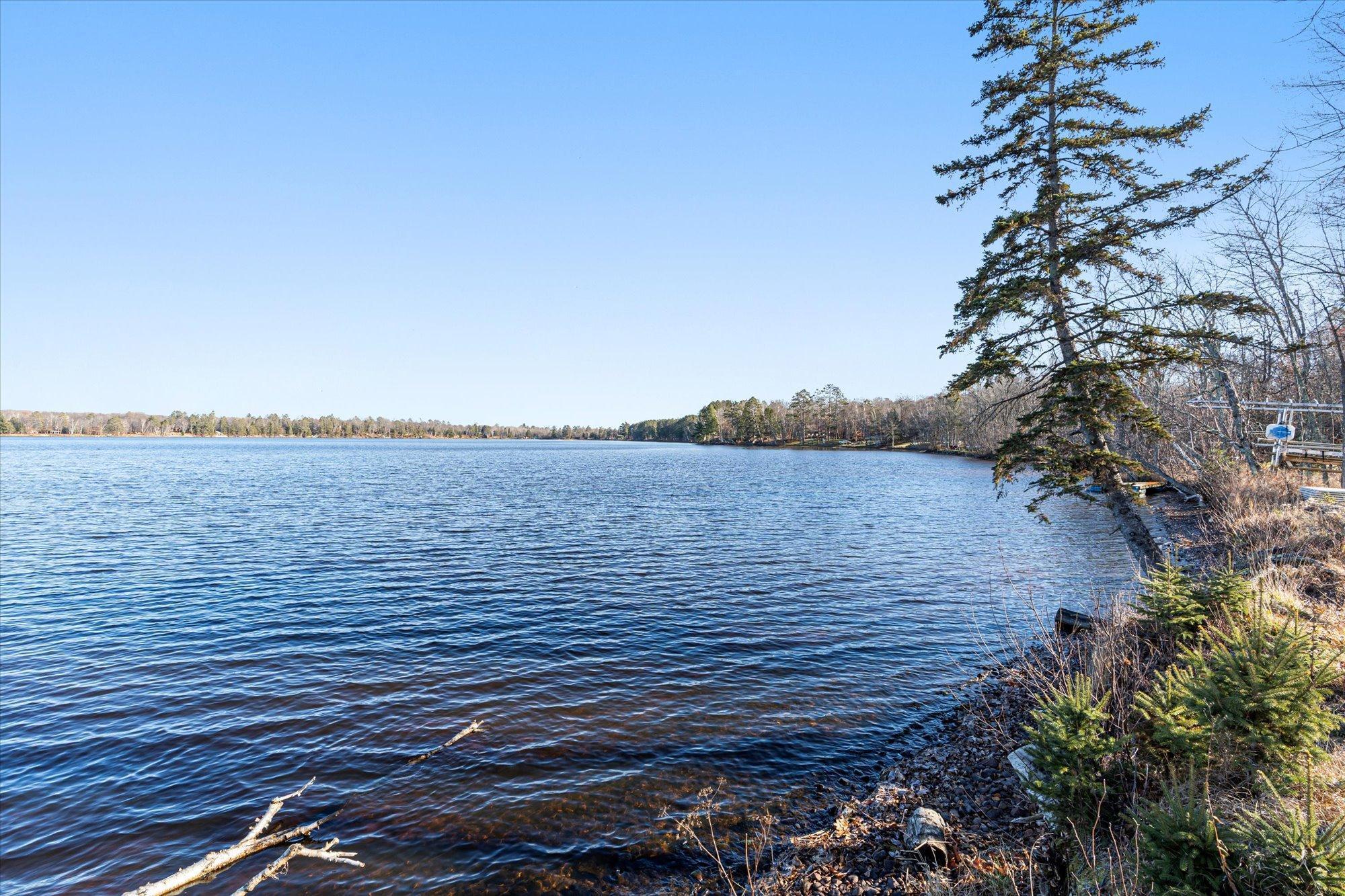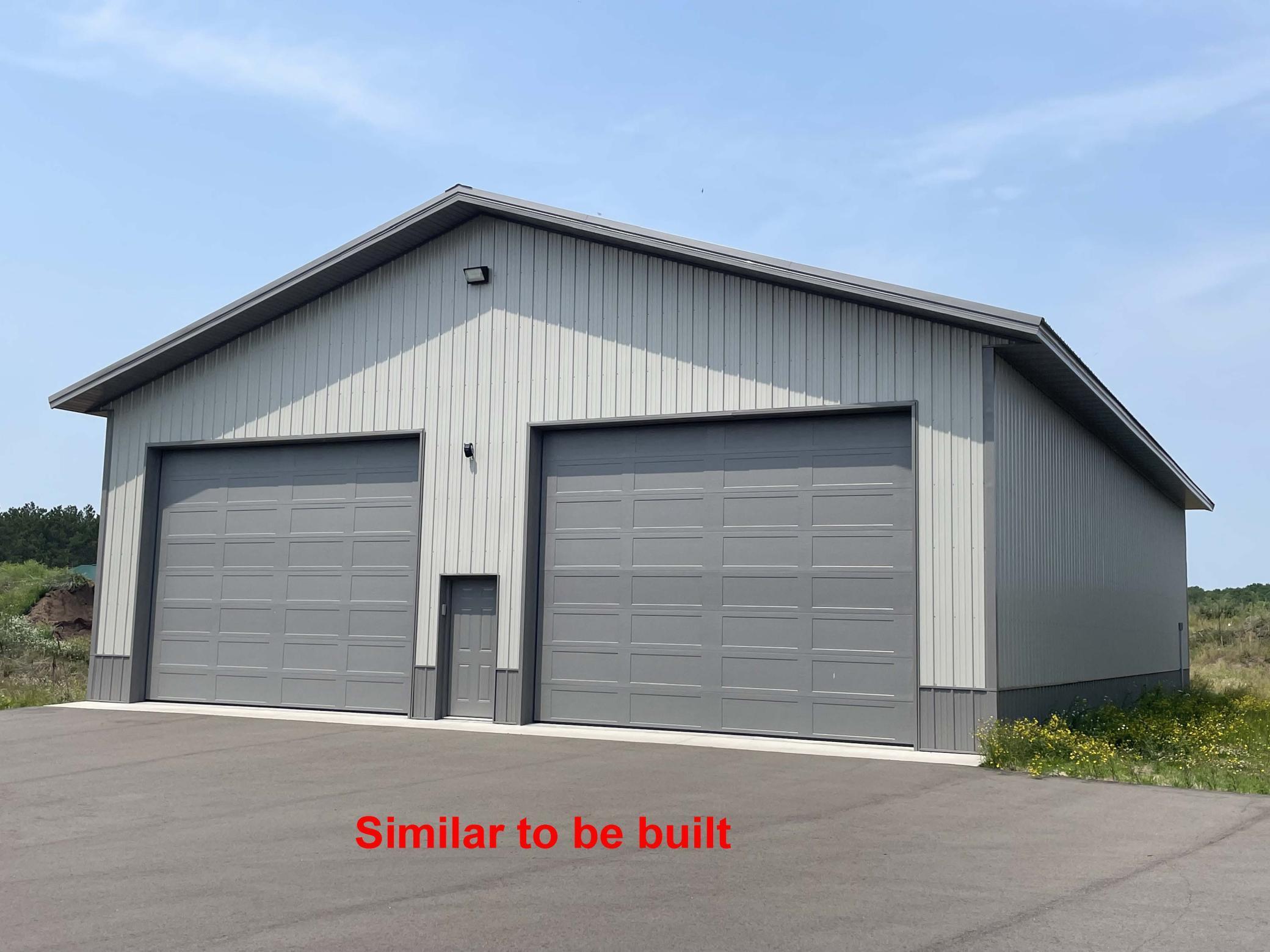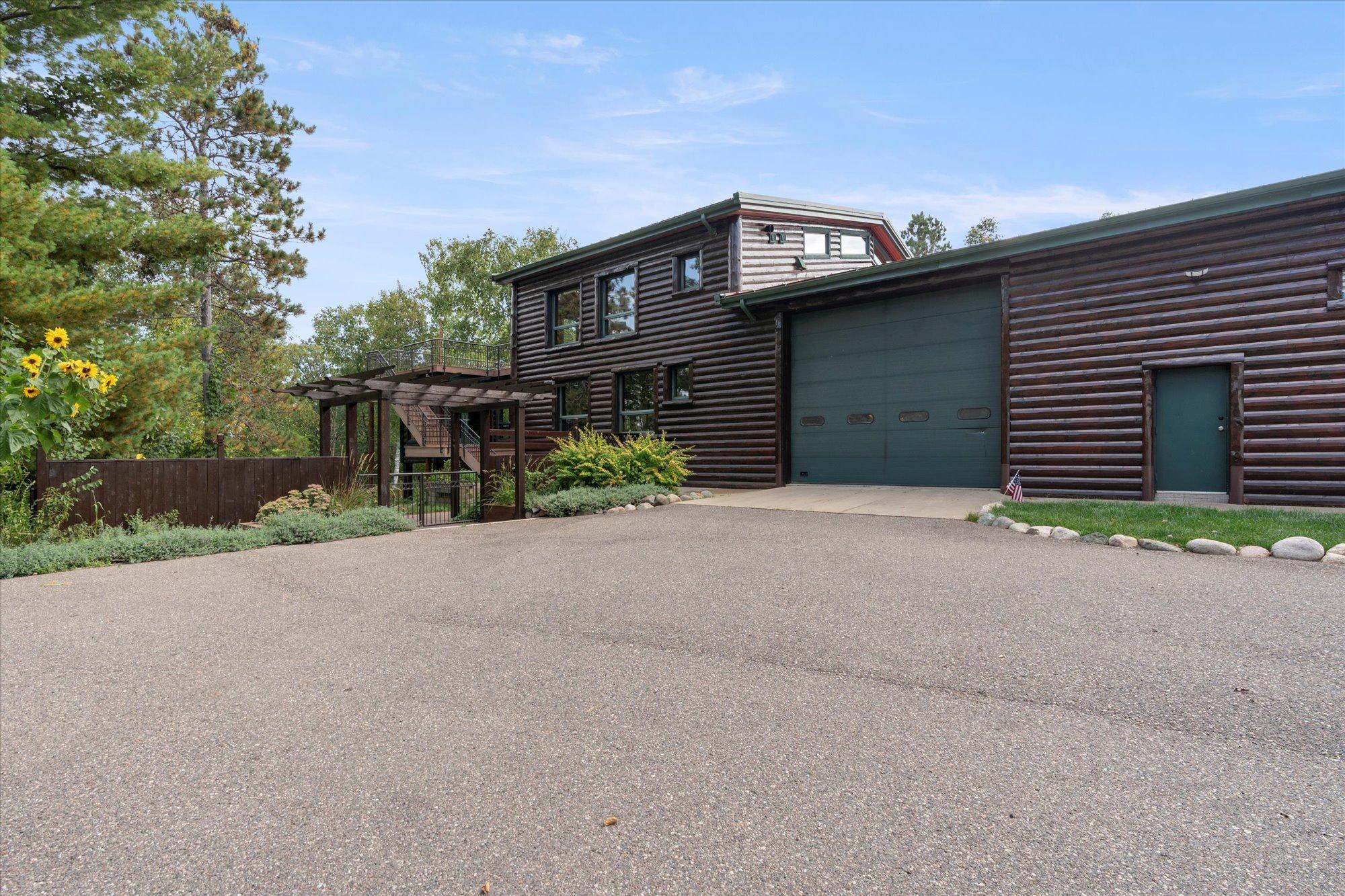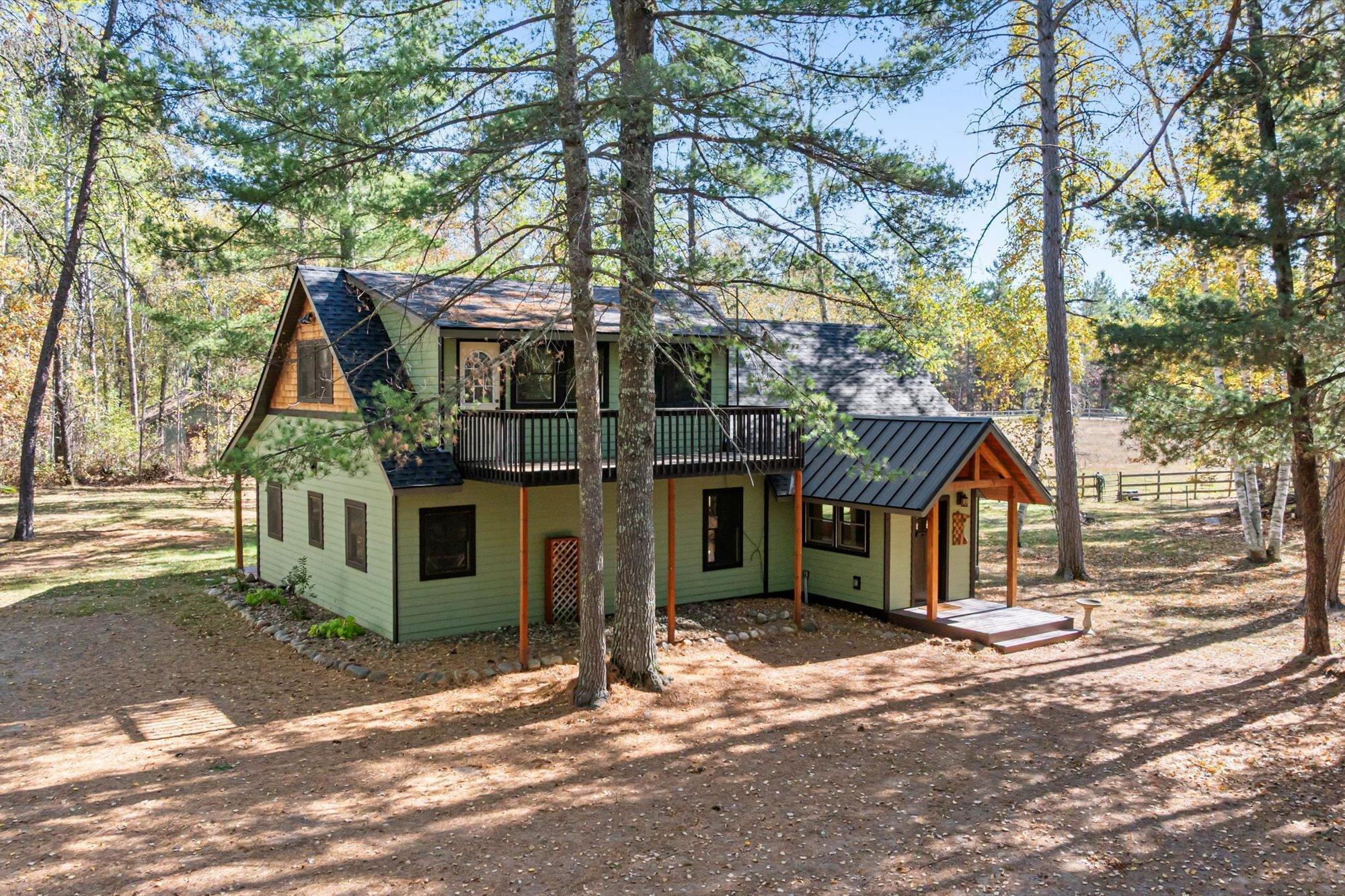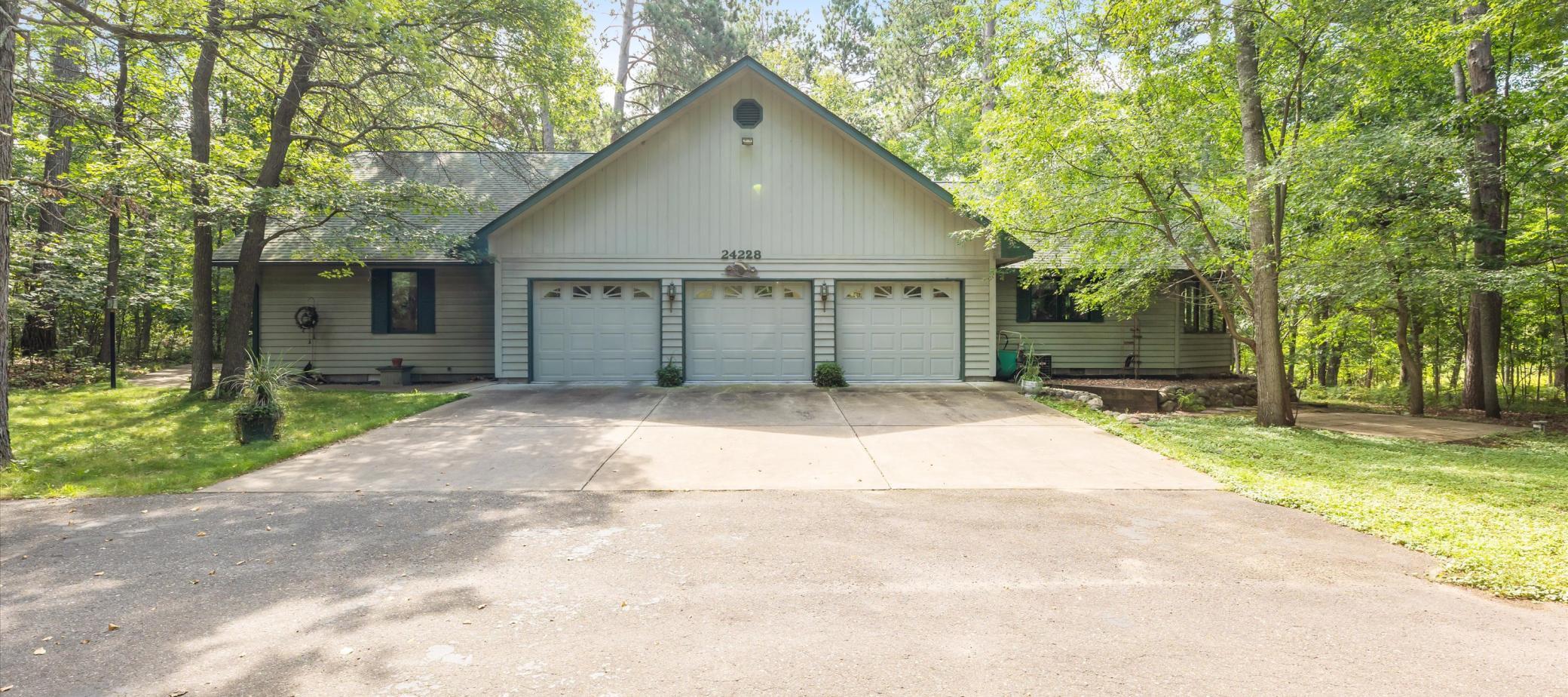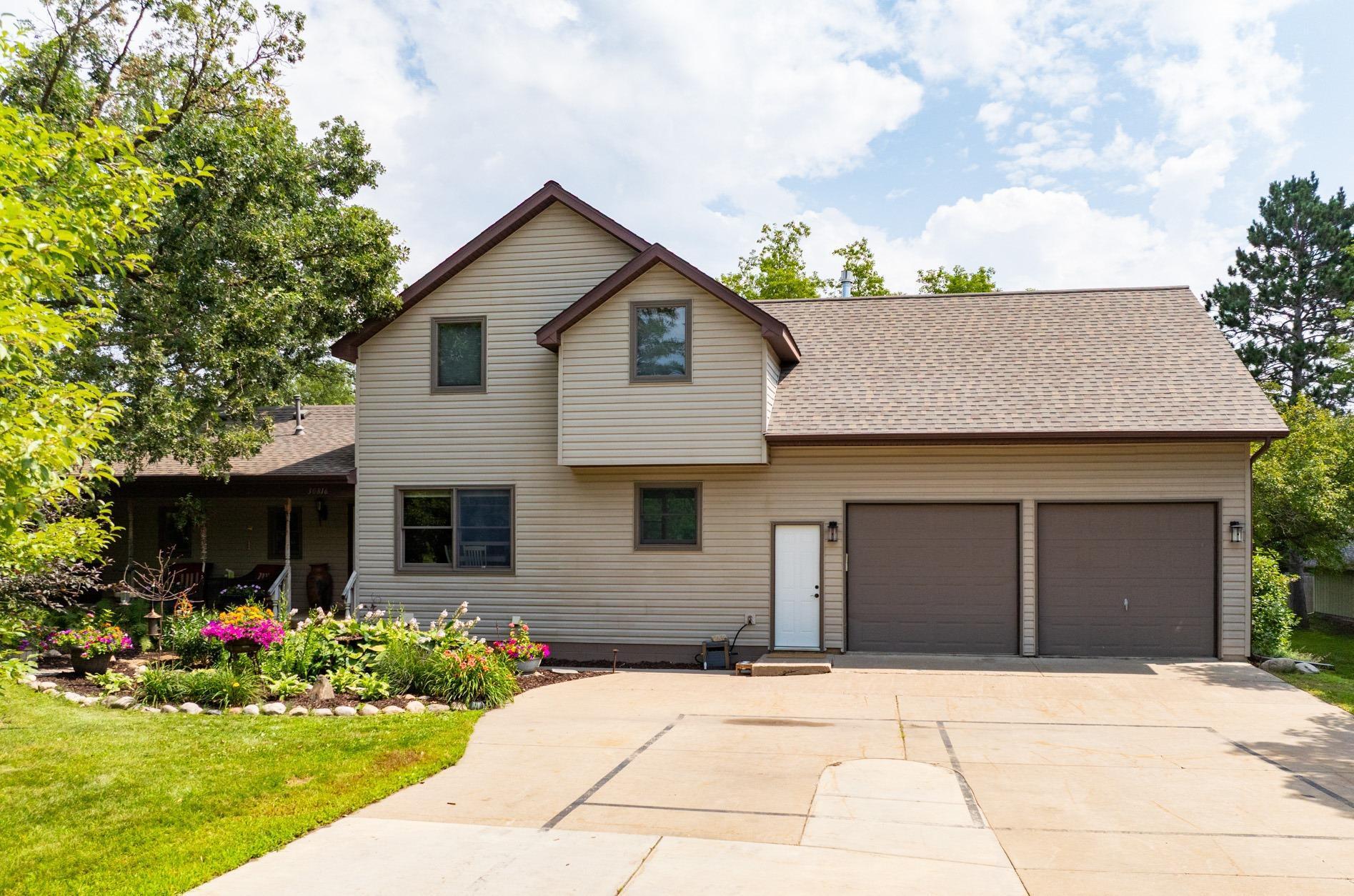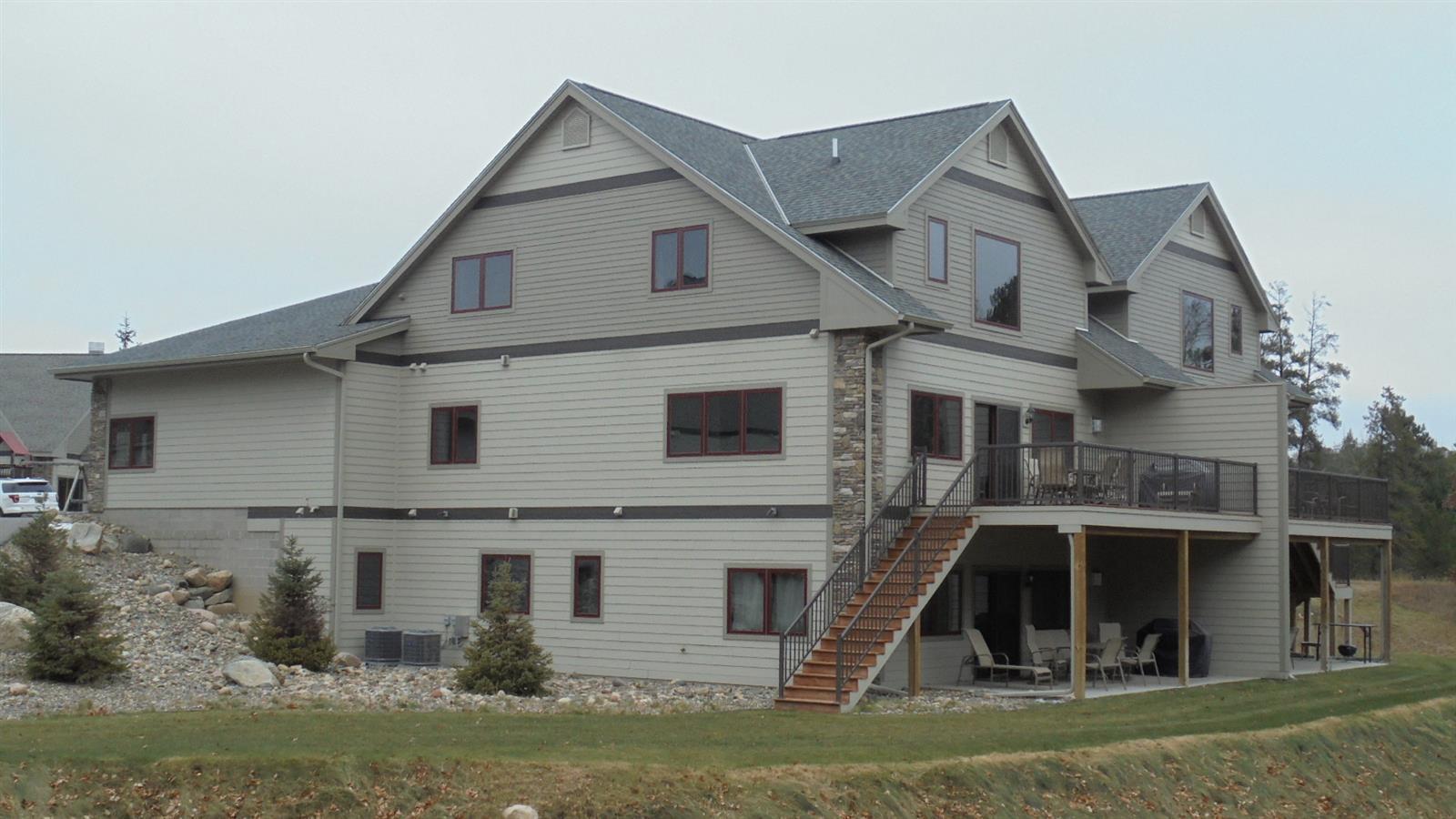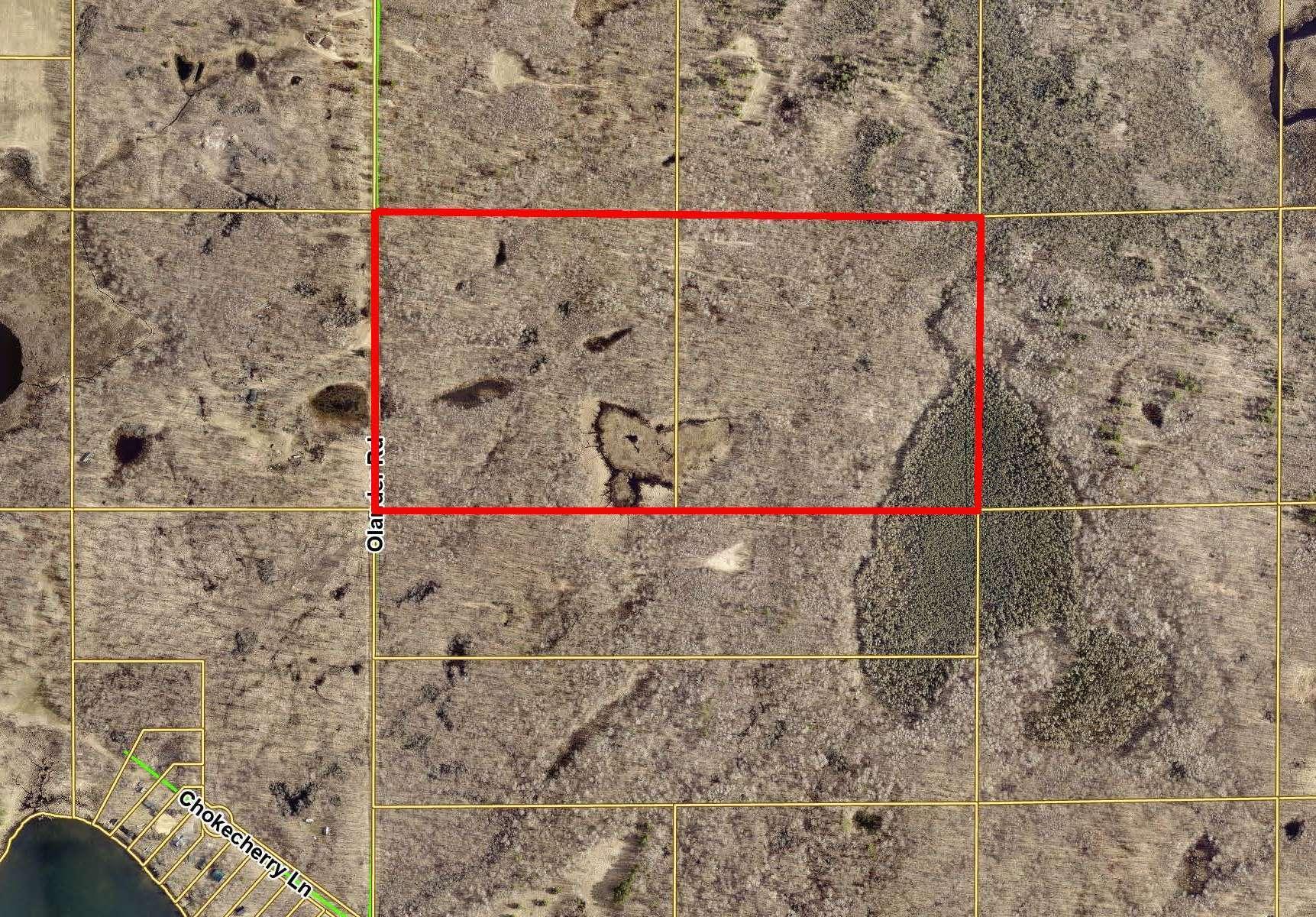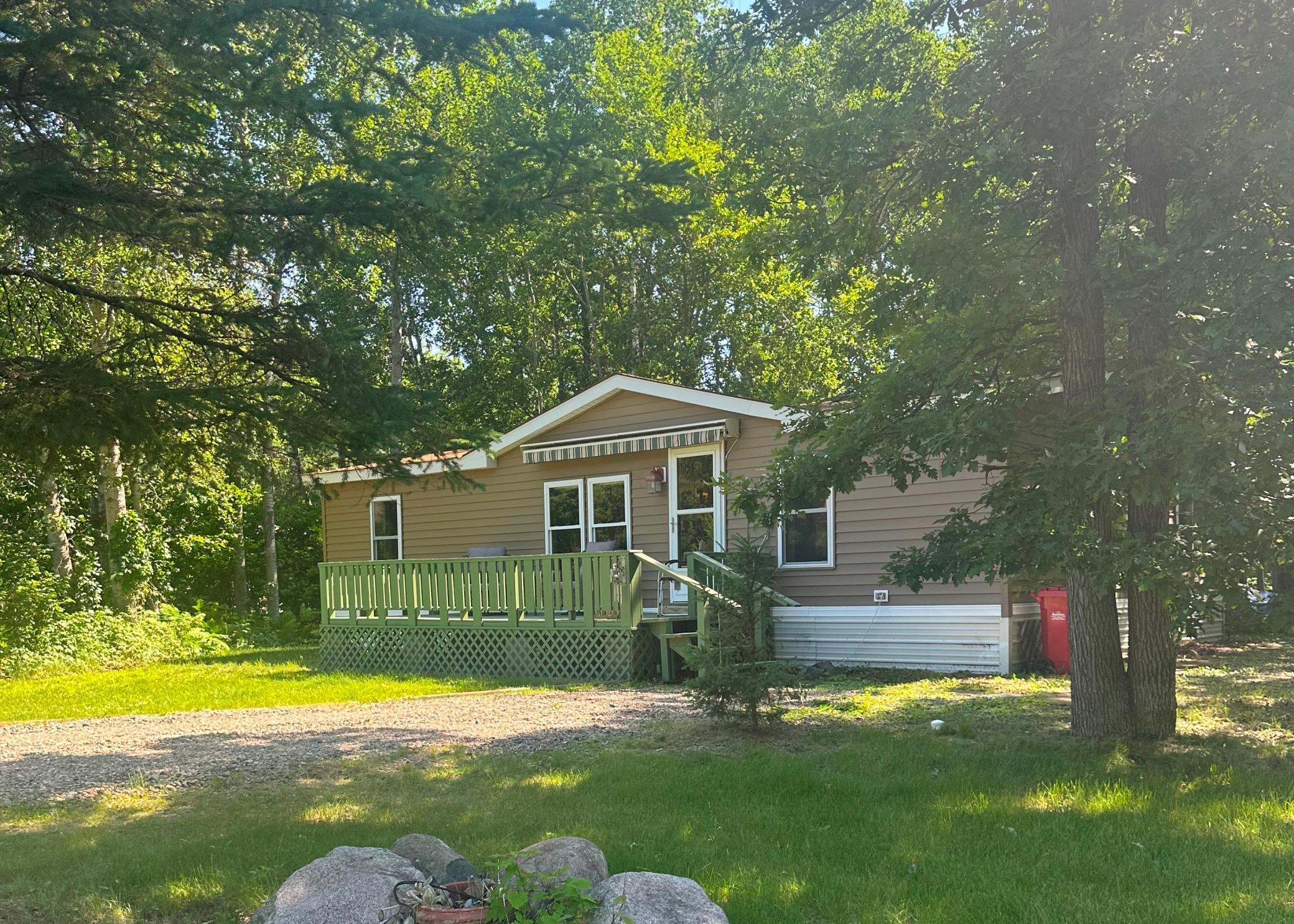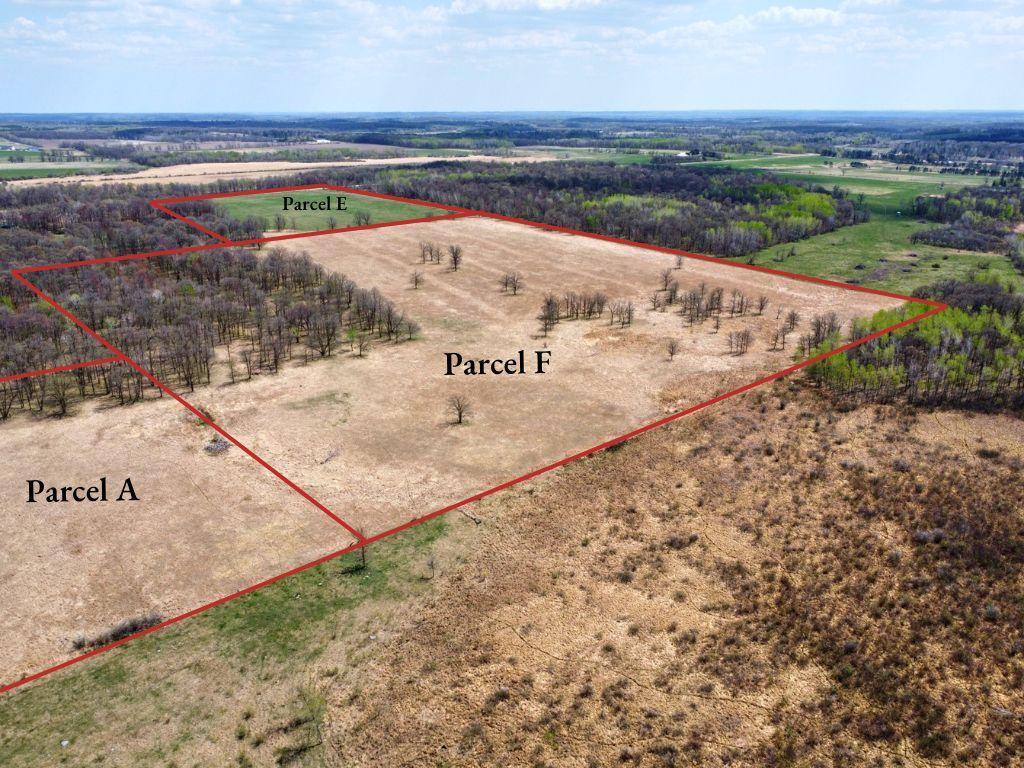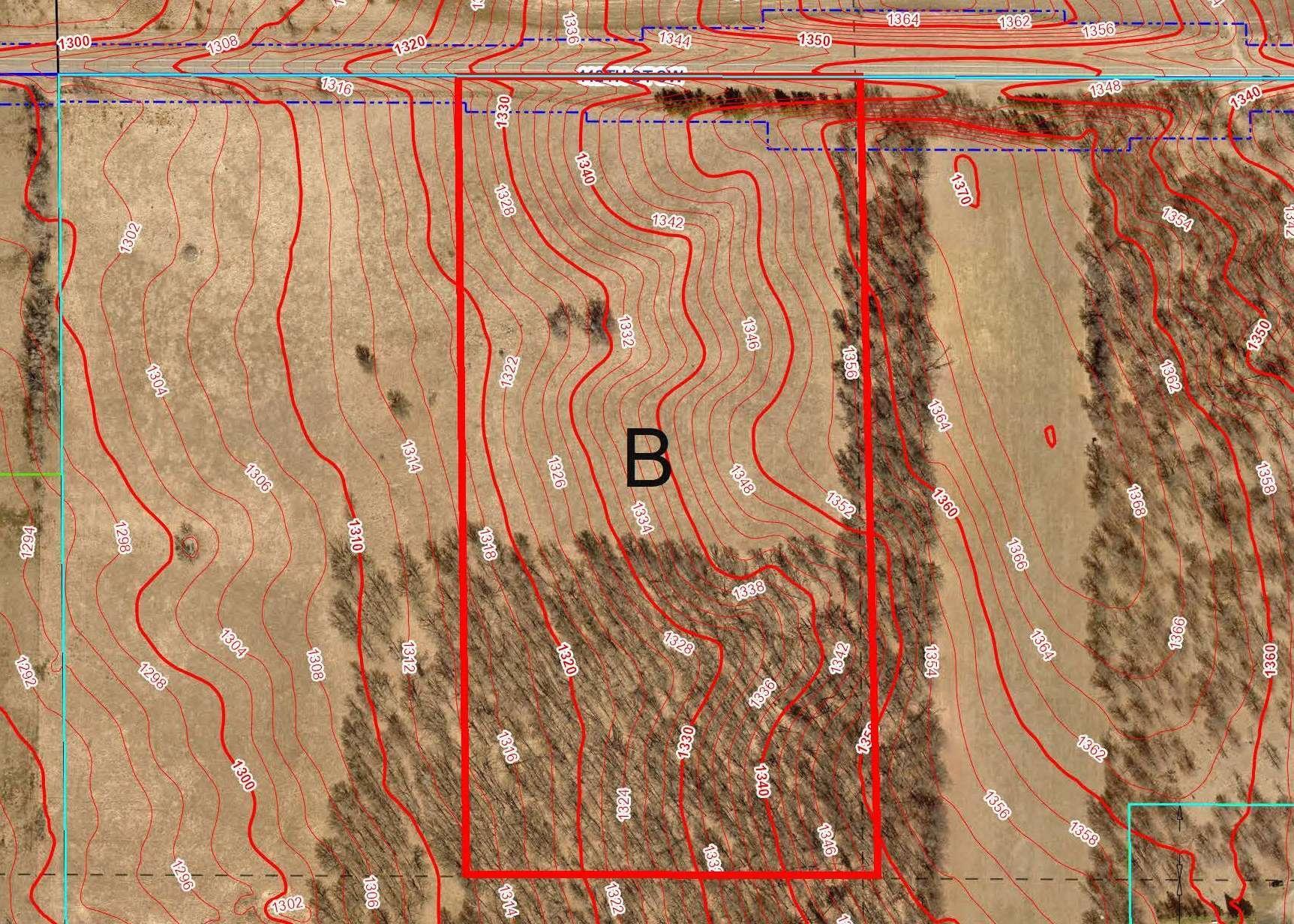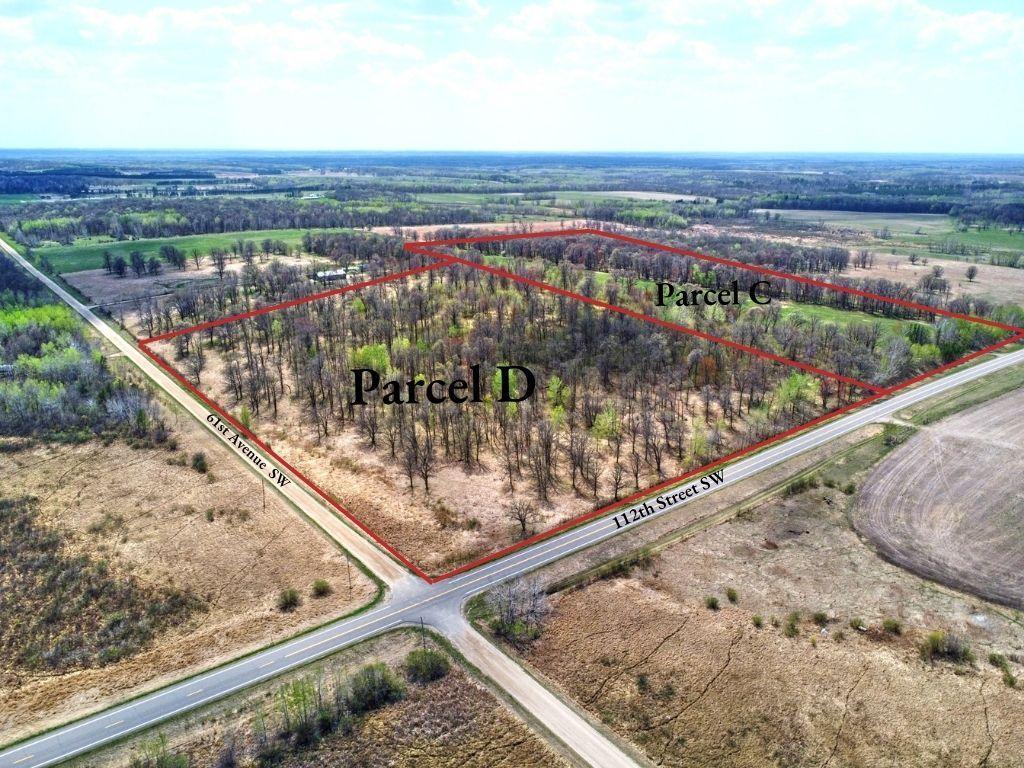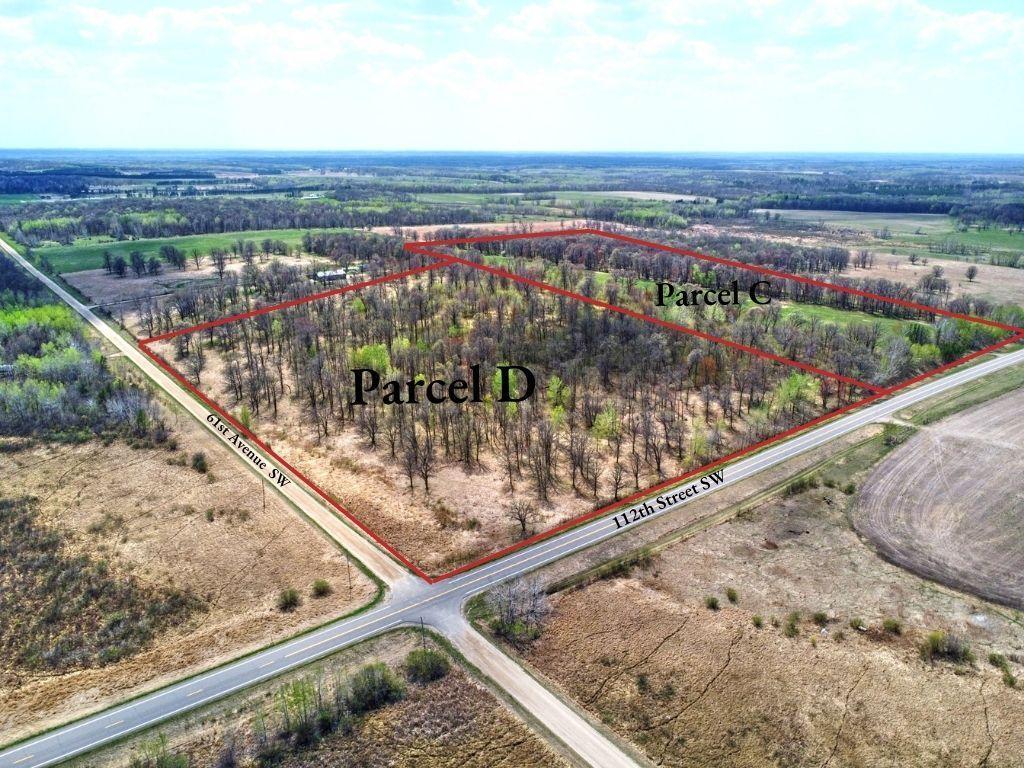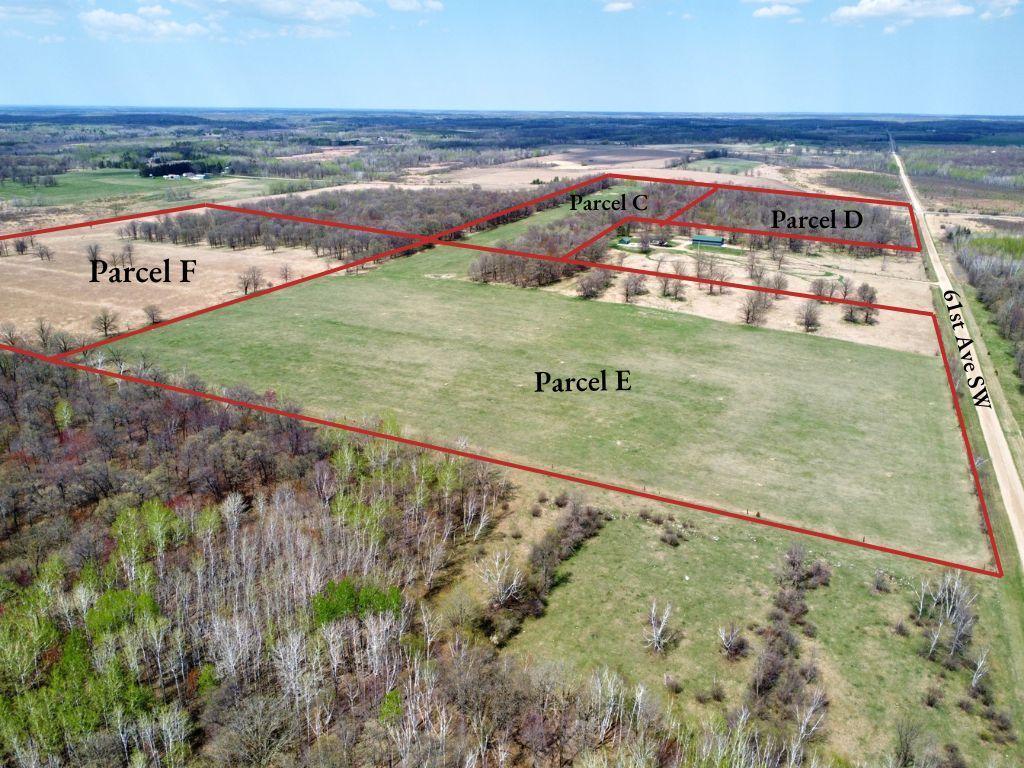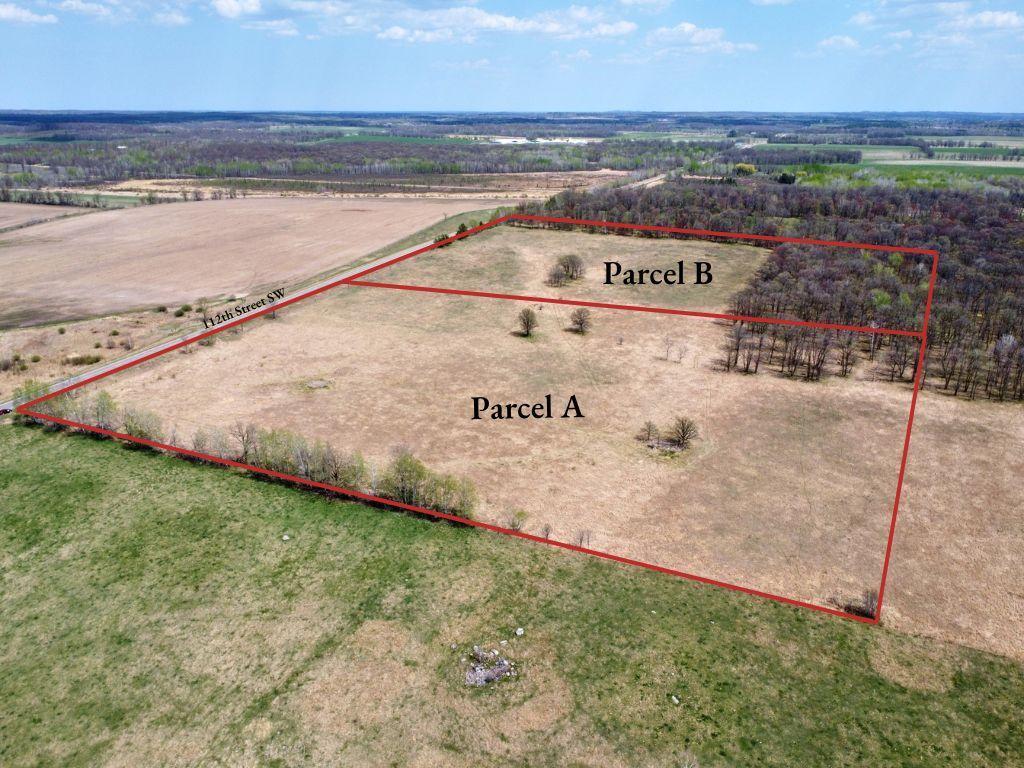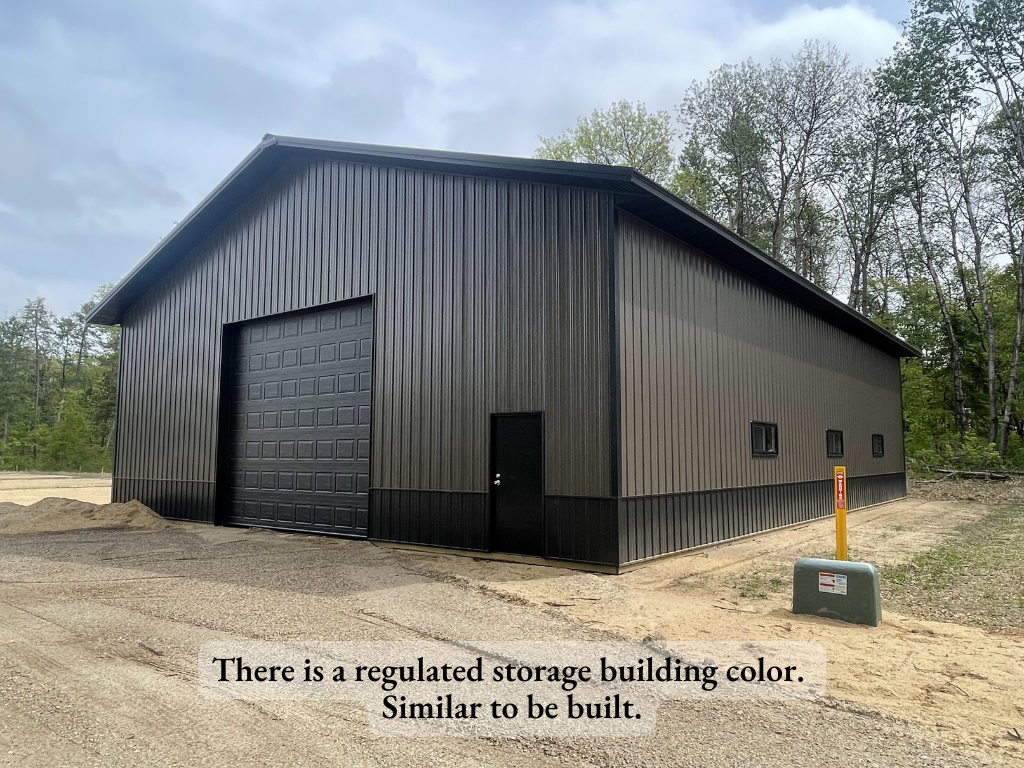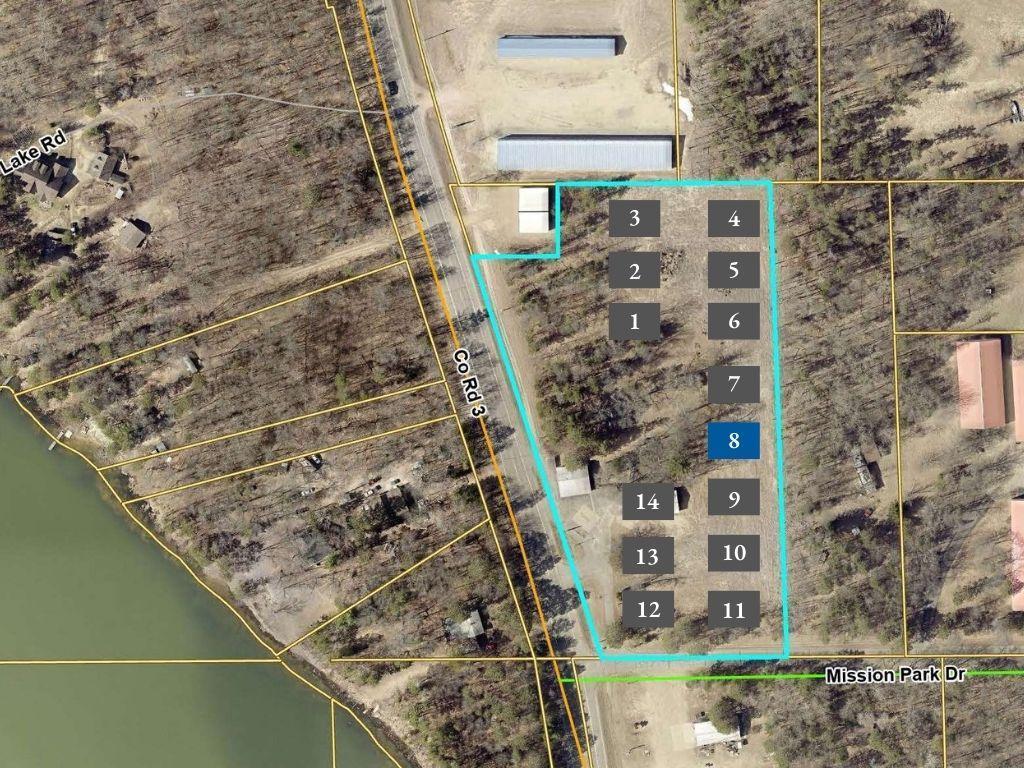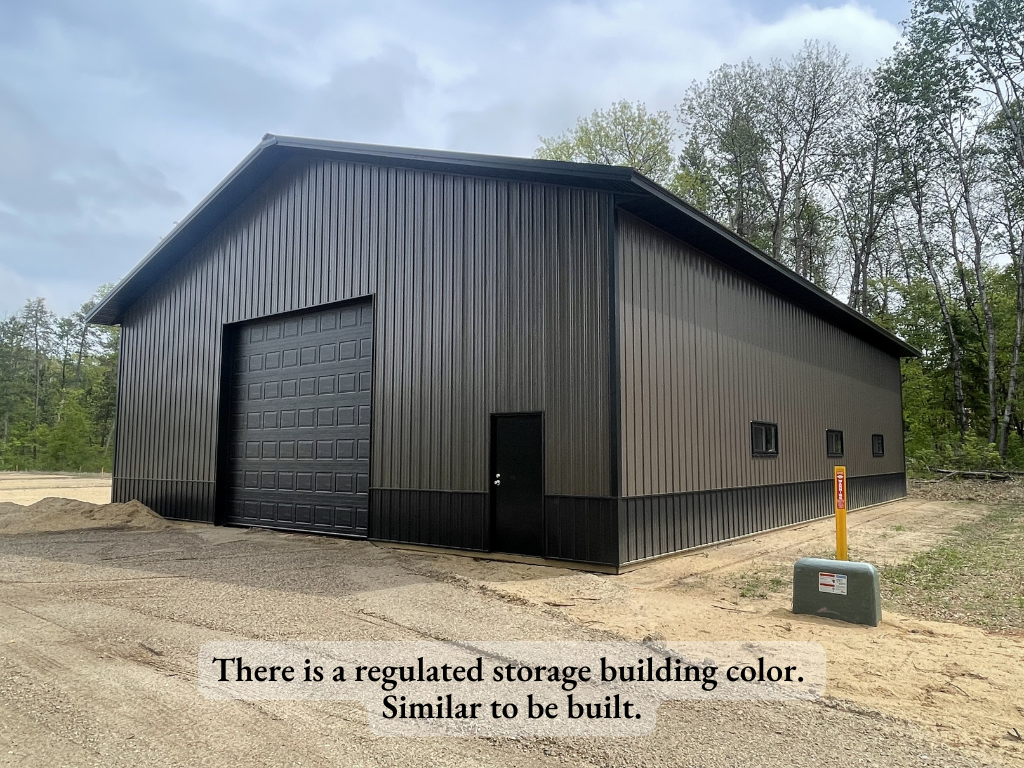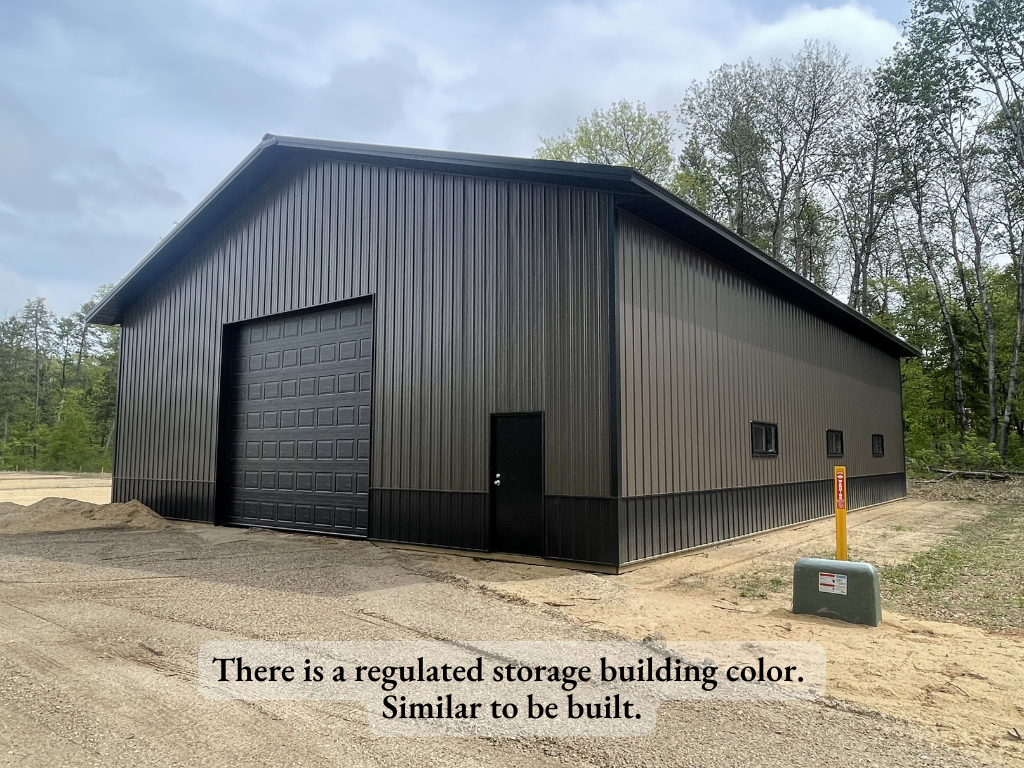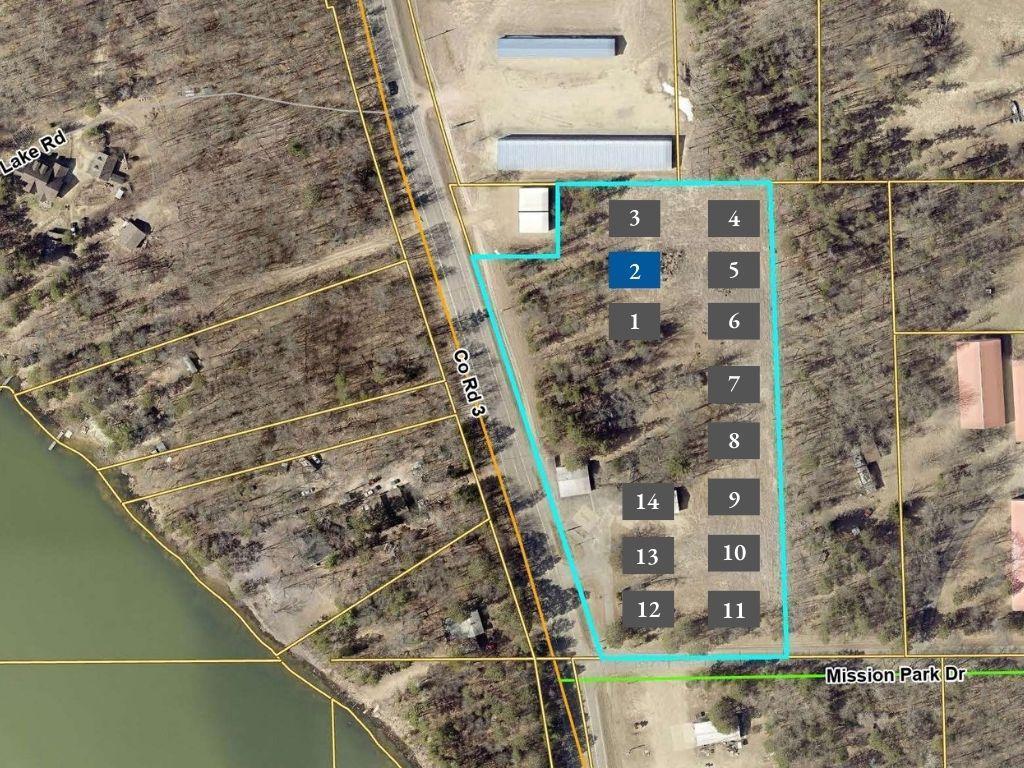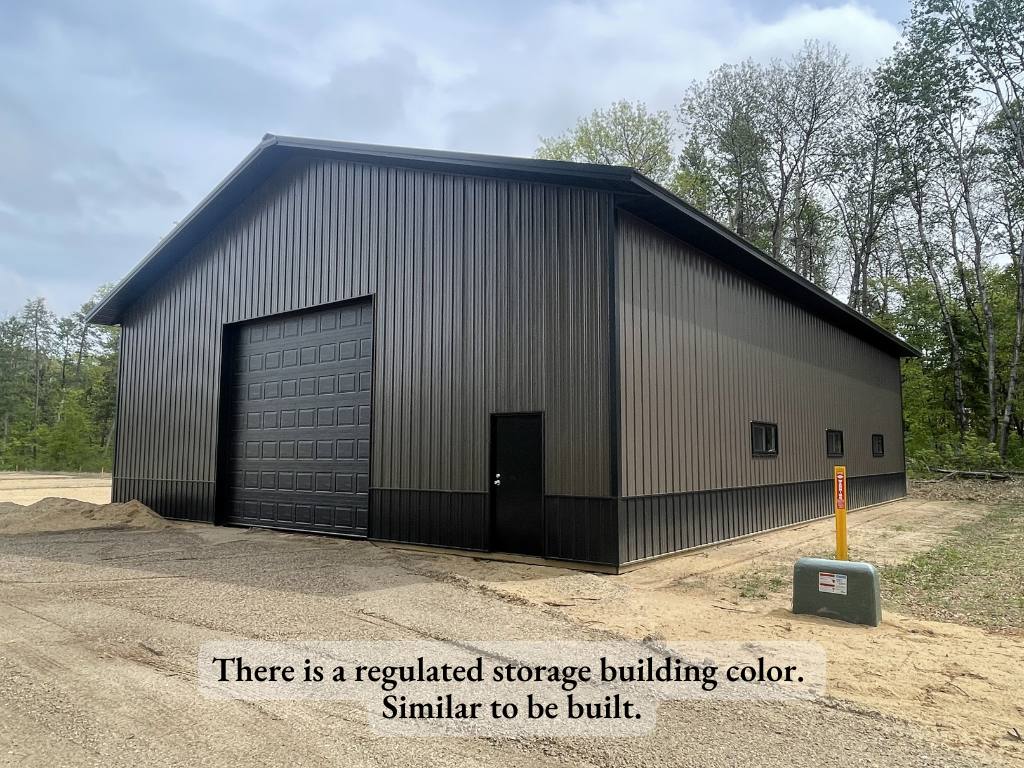Preparing to sell your home for sale in the Crosslake, MN, real estate market involves several important steps, one of which is the pre-sale home inspection. A comprehensive home inspection before selling provides a clear picture of your property's condition, which benefits both sellers and buyers. This process is especially crucial in areas like Crosslake, where cabins and lake homes are in high demand. This guide dives into the essential aspects of inspecting your home before selling.
The Importance of a Pre-Sale Home Inspection
What Does a Home Inspection Cover?
- Structural Integrity: Evaluates the foundation, floors, walls, ceilings, and roof structure to identify signs of distress or movement.
- Electrical Systems: Inspects the electrical panel, wiring, outlets, and light fixtures for safety and code compliance.
- Plumbing: Checks pipes, drains, water heaters, and fixtures to identify leaks or plumbing issues.
- Heating, Ventilation, and Air Conditioning (HVAC): Assesses the condition and operation of the furnace, air conditioning unit, ductwork, and other HVAC components.
- Roofing: Examines the roof's condition, including shingles, flashing, chimneys, and gutters, for leaks or wear.
- Exterior: Reviews siding, windows, doors, and the property's grading for potential problems like water intrusion.
- Interior: Checks the condition of walls, ceilings, floors, windows, and doors, along with the functionality of built-in appliances.
- Additional Assessments: Depending on the property, further inspections for pests, radon, mold, or asbestos may be advised.
Special Considerations for Cabins and Lake Homes
- Water Systems: Many cabins and lake homes use well water and septic systems rather than city services. Inspectors should evaluate the well's capacity, water quality, the septic system's condition, and compliance with local health regulations.
- Dock and Shoreline Inspections: Properties with access to water bodies might have docks or shoreline stabilization structures. Inspecting these elements for safety and compliance with local regulations is crucial, as repairs can be significant expenses.
- Environmental Considerations: The proximity to water and nature brings additional environmental considerations, such as the potential for flooding, erosion, and environmental protection laws that might restrict modifications to the property.
- Pest and Wildlife Inspection: Cabins and lake homes may be more susceptible to issues with pests or wildlife. Inspectors should look for signs of infestation or damage caused by animals.
Benefits of Getting Your Home Inspected Before Selling
Proactive Problem Resolution
Enhanced Buyer Confidence
Streamlined Negotiation Process
Potential for a Faster Sale
Choosing the Right Inspector
Preparing for the Inspection
Understanding the Report and Next Steps
- Prioritize Repairs: Focus on significant issues that could deter buyers or affect the property's value. Decide which repairs you can reasonably address before listing.
- Consider Disclosures: For issues not repaired, consider whether they should be disclosed to potential buyers. Transparency is key to maintaining trust.
- Adjust the Sale Price: If there are repairs you're not planning to address, consider adjusting the sale price to account for the buyer's potential future expenses.
- Consult with Your Agent: Your real estate agent can provide valuable advice on how to proceed based on the inspection findings, including negotiation strategies with potential buyers.
Partner with The Larson Group
*Header image courtesy of the Larson Group










































































